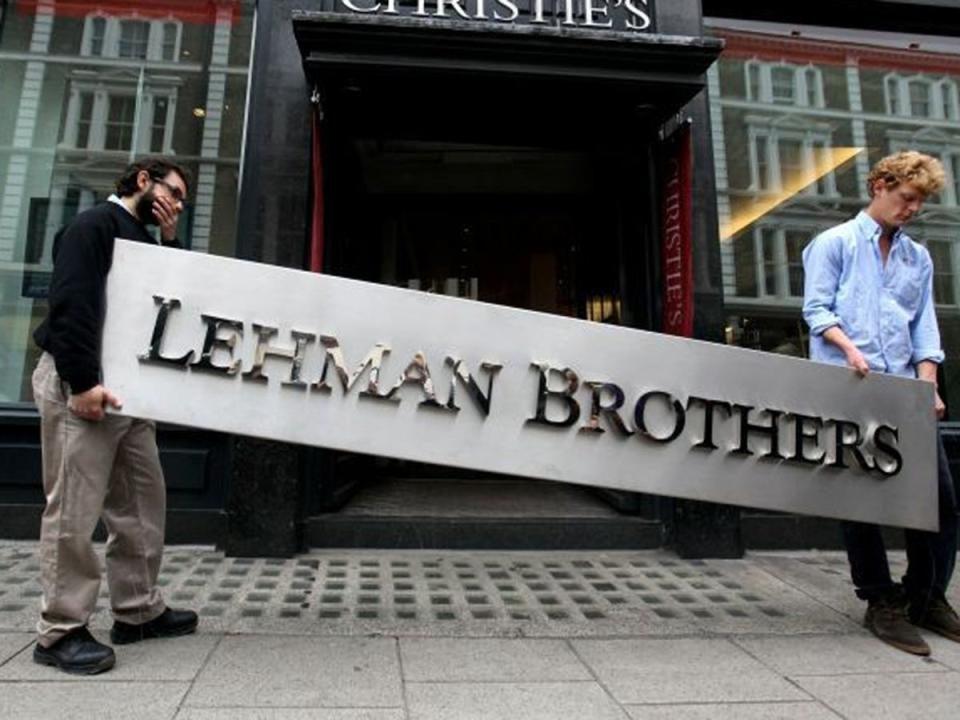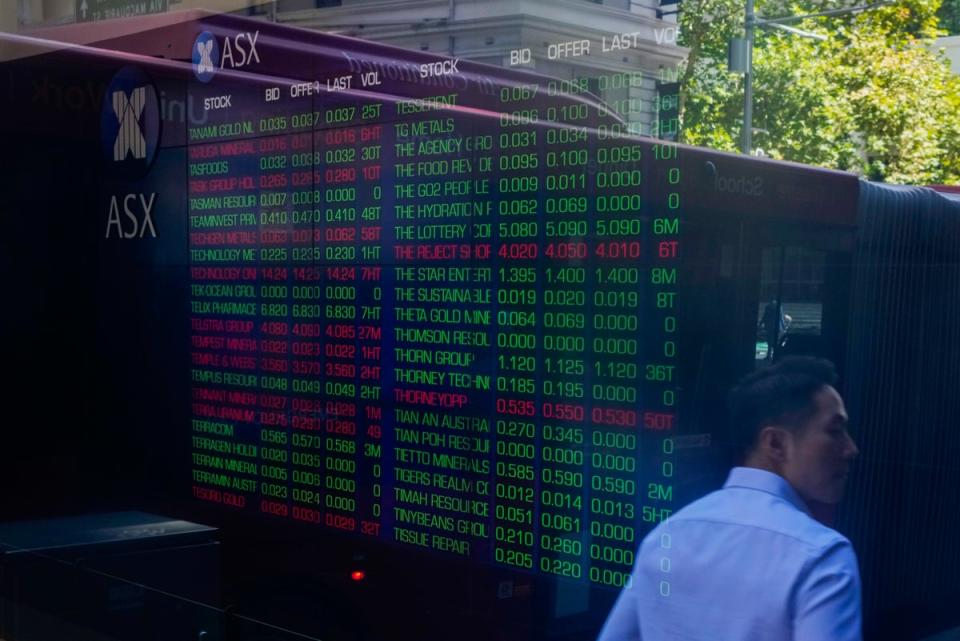What happened to Credit Suisse and what’s at stake if it goes bust? REDIRECTED
Fears over a banking crisis have resurfaced after Credit Suisse said it would borrow up to 50 billion Swiss francs (£45 billion) from Switzerland's central bank to bolster its finances.
The Hang Seng Index in China tumbled nearly 2 per cent and Japan's Nikkei 225 was almost 1 per cent lower after Credit Suisse announced the mammoth loan to boost its liquidity and calm investors a day after the bank's share price plummeted.
Shares in Credit Suisse lost more than a quarter of their value at one stage on Wednesday, hitting a record low after the bank's biggest shareholder - the Saudi National Bank - said it would not put more money into the lender. It came after the Swiss bank said it found “weakness” in its financial reporting.

Worries over contagion across the sector ramped up, with stock markets tumbling in the UK, Europe and in the US as Credit Suisse's woes came shortly after the Silicon Valley Bank collapse in America.
London's FTSE 100 Index was down 3.8 per cent when it closed on Wednesday – its worst one-day performance since the start of the Covid-19 pandemic.
Credit Suisse shares shot up by more than 30 per cent as trading opened in Zurich on Thursday after the injection of cash, but concerns remain over the global financial picture.
The Bank of England is said to have been in emergency talks with its global central banking counterparts last night as the crisis deepened, and was reportedly in touch with both Credit Suisse and the Swiss National Bank regarding the emergency loan.
But markets were seen steadying on Thursday amid hopes that the lifeline to Credit Suisse will halt the spread.
What’s happening at Credit Suisse?
On Tuesday, Credit Suisse sought help from Swiss National Bank after revealing it had found “material weakness” in its financial reporting.
In response to the revelation, the bank’s top shareholder, the Saudi National Bank (SNB), said it would not provide it with fresh funding because of regulations that cap its stake in the business. As a result, shares in the Swiss lender plunged more than 30 per cent at one point on Wednesday to a record low of about 1.56 Swiss francs (£1.40) a share.
SNB’s chairman, Ammar Al Khudairy, said Credit Suisse was “a very strong bank” and was unlikely to need more cash after raising 4bn Swiss francs (£3.59bn) to fund a major restructuring plan in autumn last year.
The panic around the bank is compounded by the failure of the US’ 16th largest bank Silicon Valley Bank last week.
How worried should we be?
Following the “bold” statement by the SNB, economist Nouriel Roubini, who predicted the fall of the Lehman Brothers in 2008, leading to the global financial crisis, warned the world could be on the verge of another collapse.
Former deputy Bank of England governor, Sir John Gieve, said however, that although there were similarities between Credit Suisse and Lehman Brothers in terms of significance to the financial sector, there is one big difference.
“Credit Suisse is like Lehman Brothers in terms of scale and complexity and importance but there’s a big difference if you remember the Americans didn’t save Lehman Brothers,” Sir John told BBC Radio 4.

“That was what spooked the markets as a whole because they didn’t stand behind it. What we’ve seen overnight is the Swiss bank saying they won’t let this get into a disorderly collapse. I don’t know what the future for Credit Suisse holds but so far they’re still standing and it looks like the Swiss central bank will ensure its standing long enough to rearrange its affairs for the future.”
Sir John added that the big difference between the current issues of high-interest rates and 2008, is the central banks stepping in to ensure there is no disorderly collapse.
“If you go back a couple of months the first sort of problem arising in the financial market from higher interest rates was here in the UK with our pension funds,” Sir John said.
“If you remember, our central bank stepped in and provided the money to ensure it didn’t have repercussions elsewhere, so the message is absolutely clear that the central banks are standing behind these banks that are getting into trouble.”
Why is Credit Suisse at risk?
In the past three years, Credit Suisse has been caught up in corporate espionage after hiring professional spies to track outgoing executives and admitting to defrauding investors as part of the Mozambique “tuna bonds” loan scandal. That resulted in a fine worth more than £350m. It was also embroiled in the collapse of the lender Greensill Capital and the US hedge fund Archegos Capital in 2021.
The bank is in the process of a major restructuring plan, meant to stem major losses, which ballooned to 7.3bn Swiss francs (£6.6bn) in 2022, and revive operations hampered by multiple scandals over the past decade involving alleged misconduct, sanctions busting, money laundering and tax evasion.
How big is Credit Suisse?
The Swiss bank, widely regarded as “too big to fail” by experts, primarily serves wealthy clients and businesses rather than everyday savers. It has been pulling money from the bank for months, leading to more than 111bn Swiss francs (£99.7bn) of outflows late last year. It was not immediately clear on Wednesday whether client withdrawals had gathered pace as a result of its plunging share price.

As Europe’s 17th largest lender by assets, it is far larger than Silicon Valley Bank and deemed systemically important to the global financial system.
The Bank of England is reportedly monitoring the developments in the financial sector very closely and has issued a statement reassuring that the UK banking system is not at risk and “remains safe, sound, and well-capitalised”.

 Yahoo Finance
Yahoo Finance 